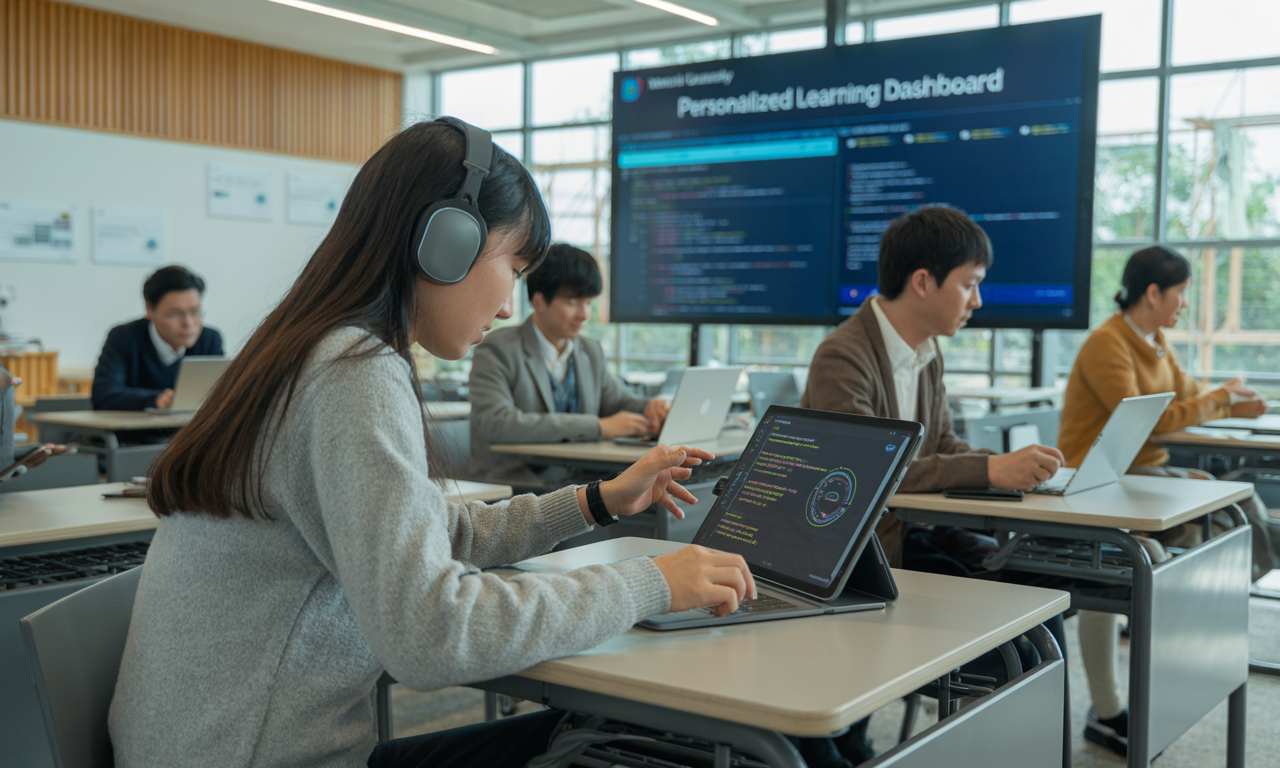
Technology-Enhanced Personalized & Self-Paced Learning
Empowering Learners Through Adaptive TEL Strategies
Khon Kaen University’s Education Transformation leverages Technology-Enhanced Learning (TEL) to deliver personalized and self-paced experiences. By integrating adaptive platforms, rich content repositories, and analytics-driven insights, faculty can create flexible pathways that respect each learner’s unique background, pace, and goals.
Core Principles of TEL-Driven Personalization
- Adaptive Content Delivery: Use AI-powered modules that adjust complexity based on student performance and preferences.
- Flexible Navigation: Structure courses into modular units with clear objectives, allowing learners to choose their progression order.
- Multi-Modal Materials: Offer text, video, interactive simulations, and podcasts to cater to varied learning styles.
- Continuous Feedback: Embed self-assessment quizzes and AI-driven feedback loops to guide learner reflection and improvement.
Implementing Self-Paced Pathways with TEL
1. Rich LMS & VLE Infrastructure
- Content Hub: Curate lecture recordings, readings, case studies, and external resources in a centralized digital hub.
- Interactive Modules: Integrate H5P activities, virtual labs, and scenario-based simulations for hands-on engagement.
- Progress Trackers: Enable visual dashboards that display completion status, skill badges, and recommended next steps.
2. Adaptive Assessment & Remediation
- Dynamic Quizzing: Utilize question pools that adapt difficulty and topic focus based on real-time responses.
- Personalized Study Plans: Generate automated remediation paths and resource suggestions for learners who struggle with specific concepts.
- Peer Comparison Metrics: Provide anonymized benchmarking to help students contextualize their progress.
Enhancing Engagement & Ownership
1. Gamification Elements
- Badges & Leaderboards: Award digital badges and display progress zones to motivate continued engagement.
- Challenge Quests: Design optional mini-projects and scenario-based challenges that unlock advanced content.
2. Social Learning Components
- Discussion Threads: Embed topic-specific forums with prompts to encourage peer-to-peer insights.
- Collaborative Annotations: Use shared documents or annotation tools to co-construct knowledge in context.
- Virtual Study Groups: Leverage breakout rooms and chat channels for synchronous study sessions.
By embracing Technology-Enhanced, Personalized, and Self-Paced learning, KKU faculty can cater to individual learner journeys, provide timely interventions, and foster a culture of autonomy and mastery. This TEL-centric model not only aligns with global best practices but also prepares students to succeed in an ever-changing digital landscape.
